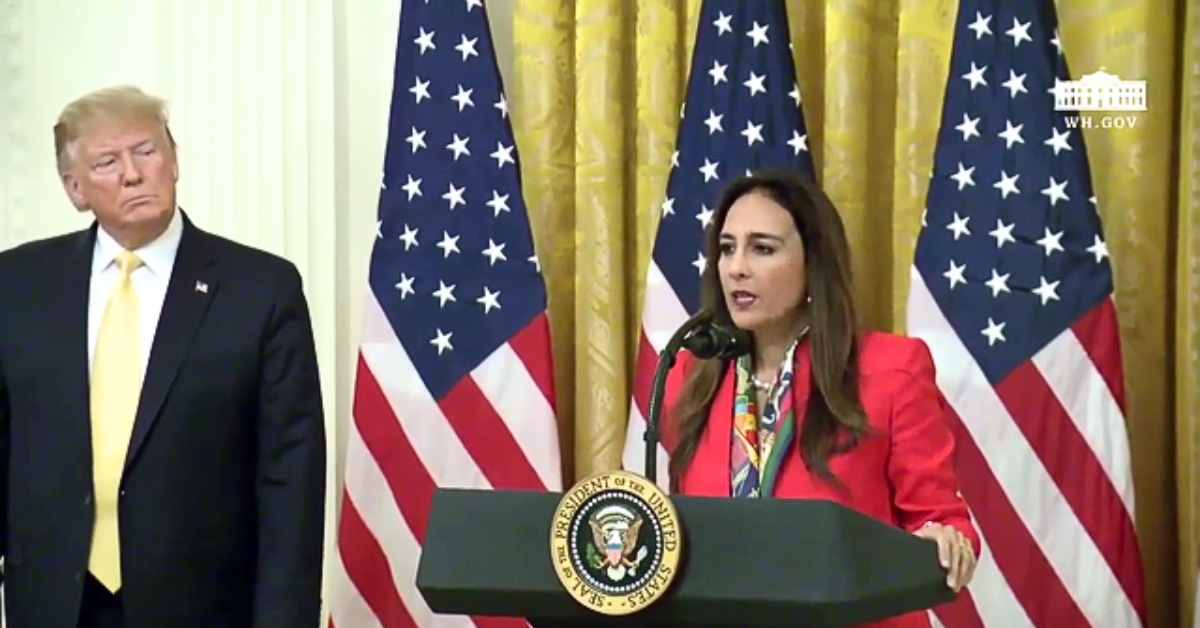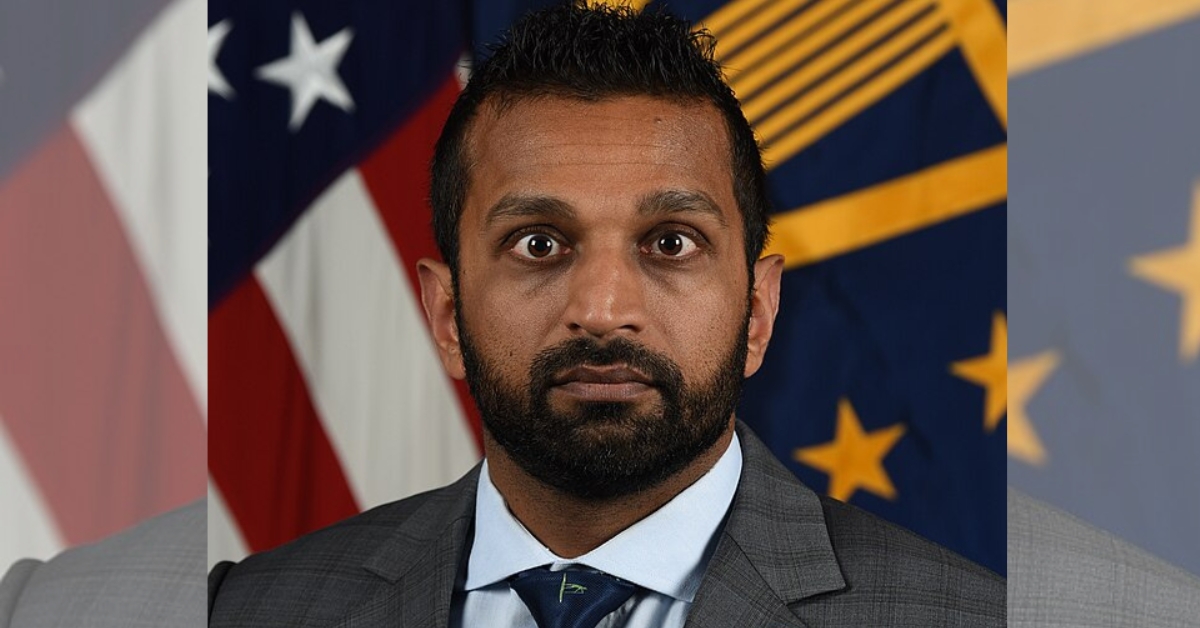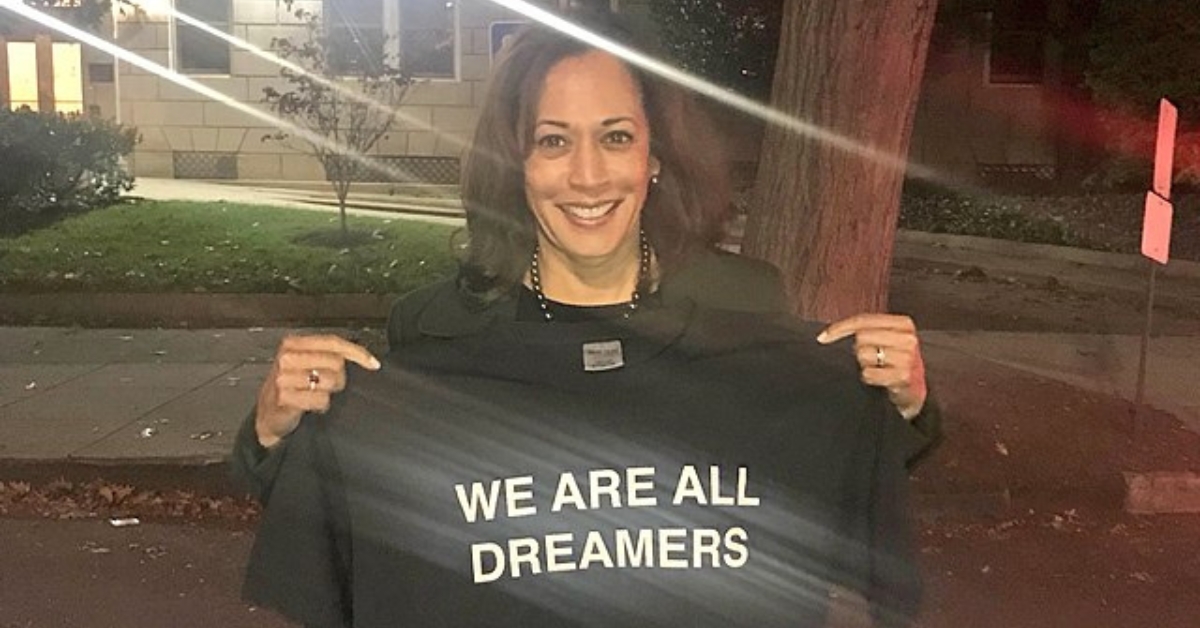
Does Widespread Institutional Corruption Spell the End of America?
Bruce D. Abramson is an advisor to The American Coalition. The following was reprinted with permission from his Substack, where you can follow his work.
Does Widespread Institutional Corruption Spell the End of America?
Modern life requires us to trust elite experts and institutions. None of our elite institutions, and few of our experts, are trustworthy. That’s a problem.
A Critical Juncture
American society has reached a critical juncture. The modern world is so complex that no one can navigate it successfully without the help of experts and institutions. Yet none of our major institutions, and relatively few of the experts they have elevated, are trustworthy.
A partial list of institutions whose recent, repeated, and high profile behavior has demonstrated quite conclusively that they are unworthy of our trust includes: The public health, medical, and pharmaceutical establishments; The legal profession and the judiciary; Congress, the White House, state legislatures and governors; The Media; The Department of Education, universities, K-12 education, and school Boards around the country; The FBI, CIA, the intelligence community, and military leadership; Election officials; and The Departments of Justice, Treasury, and Homeland Security.
In each of these institutions, as in so many others, pockets of excellence and individuals with integrity are shunted aside, held at arms length, defamed, derided, attacked, and shown the door. Professional success and promotion to positions of leadership require unerring conformity and fealty to dominant corruption. The few genuinely good people who nevertheless run the gauntlet are vilified for doing their jobs—Justice Clarence Thomas stands out as perhaps the single greatest example.
Want a recipe for disaster? Try this one: We must trust our institutions, but we cannot trust our institutions.
America is racing rapidly towards a point that will tip in one of three directions:
- Enforced acceptance of institutional corruption will turn the U.S. into a totalitarian state;
- Armed rebellion will overthrow the corrupt institutions with no guarantee as to what might arise from their ashes;
- The American people will find, elevate, and empower a handful of leaders unafraid to gut and rebuild our institutions—meaning that the overwhelming majority of current leadership will have to be exposed and punished, the majority of the rank-and-file will have to be dismissed and sent seeking alternative employment, and the vast majority of existing rules and procedures will have to be eliminated.
The Elite Hold America in Contempt
The corruption is hardly new, but it’s become far more brazen over the past decade. More and more people are coming to recognize that our elite—the urban, educated, affluent, professional class that monopolizes expertise, credentialing, standard setting, rulemaking, and institutional leadership—holds the American people in contempt.
In point of fact, it understates the problem by a vast margin to say that America’s elite is corrupt and self-serving. America’s elite adheres to a value system deeply at odds with that of most Americans—not to mention with the nation’s founding ideals. Not surprisingly, America’s institutions reflect elite values rather than American values.
A partial list of traditional American values our elite reject includes: objective reality (a transwoman is a woman); colorblindness (antiracism requires corrective discrimination); parental authority (objecting to CRT in schools is domestic terrorism); meritocracy (too many Asians in elite school); economic growth (green new deal); free speech/press (fact checking and anti-disinformation); free exercise of religion (Wokeism trumps Christianity at every turn); due process (on campus and at the Department of Justice); equal protection (Democratic vs. Republican political operatives and activists); public safety (defund the police); bodily integrity (vaccine mandates). There are, of course, many others. The rejectionism is thorough and complete.
Many Americans have come to appreciate the thoroughness of that corruption on issues that hit close to home. They have yet, however, to make the leap to appreciating that the problems they have identified are the rule rather than the exception. A wonderful articulation of this myopia appeared in a June 27 column in Bari Weiss’s Common Sense Substack.
Emily Yoffe, like many of the authors Weiss publishes, has always lived and worked comfortably to the left of center. Her great challenge, however, is that in an area in which she has chosen to specialize—Title IX protections governing sexual behavior on college campuses—the left has become demonstrably dangerous. Yoffe explains how the Obama and Biden administrations have embraced and imposed unworkable policies that defy both due process and common sense. Meanwhile, Trump’s Secretary of Education, Betsy DeVos, issued thoughtful, fair, workable rules.
The best that Yoffe could muster in support is a statement that “the DeVos regulations were an example of an immoral administration doing the moral thing.” Apparently it never occurred to her that maybe—just maybe—the propaganda lambasting all things Trump was as inaccurate in all areas as it was in the single area to which she had chosen to pay close attention. In other words, she continues to trust most institutions—including the media—and believes that the problem is localized to the single institution she has chosen to study closely.
Nearly every objective observer of America’s institutions arrives at a common point: The single institution that hits closest to home on personal or professional grounds is irretrievably broken and deeply committed to perverse values. Very few seem willing to compare notes. If they did, they would reach the inescapable conclusion that the rot is widespread.
Good Intentions May Make Things Worse
A colleague at the American Coalition passed along Emerald Robinson’s June 21 takedown of John Durham—the respected DoJ official Bill Barr put in charge of investigating both the Russia collusion hoax and the Mueller hoax investigating Russian collusion. As Robinson correctly notes, many Americans had high hopes that Barr and Durham would expose the depth of the corruption and prosecute those culpable. Those hopes have been dashed.
Robinson refers to Durham as the “cleaner” sent to bury the corruption even deeper. That conclusion certainly seems plausible given the course of his inquiry. It is not, however, the only plausible explanation. A kinder—though no less troubling—conclusion is also possible. It’s a variant on the theme that Yoffe articulated in her assessment of Title IX.
I tend to believe that folks like Barr, Durham, much of the GOP leadership, and even a handful of fallen-from-grace Democrats recognize some of the most glaring problems, but they try to attack symptoms rather than disease. They believe and act as if the institutions are fundamentally sound and capable of self-policing and self-correction. They will slap down the occasional low- or even mid-level miscreant while leaving the problem intact.
The problem with this kinder interpretation is that its net effect of their efforts is to dull any drive towards the gut-and-restructure option cited above, making both totalitarianism and rebellion more likely.
The United States is running out of time. The deadly problem of institutional corruption that began with the incentive structure of higher education was the major theme I explored in The New Civil War. This essay is not the first time I’ve written in this forum (see e.g., here and here) that the U.S. has not functioned as either a free society or a constitutional republic since March 2020—or that Joe Biden entered office as the first President of the American elite oligarchy rather than as the 46th President of the American republic. Every step Biden has taken in office has been directed towards entrenching elite rule.
If we are unable to use the elections of 2022 and 2024 to turn things around, that gut-and-restructure option will likely evaporate completely. The United States may still exist on paper, but America as we have known it will fade into history.
That’s the critical juncture we face today. In a companion piece (coming soon) I will outline what it would mean to “gut and restructure” America’s institution. Here’s a quick hint: It will involve taking seriously the bumper sticker slogan “Drain the Swamp.”














